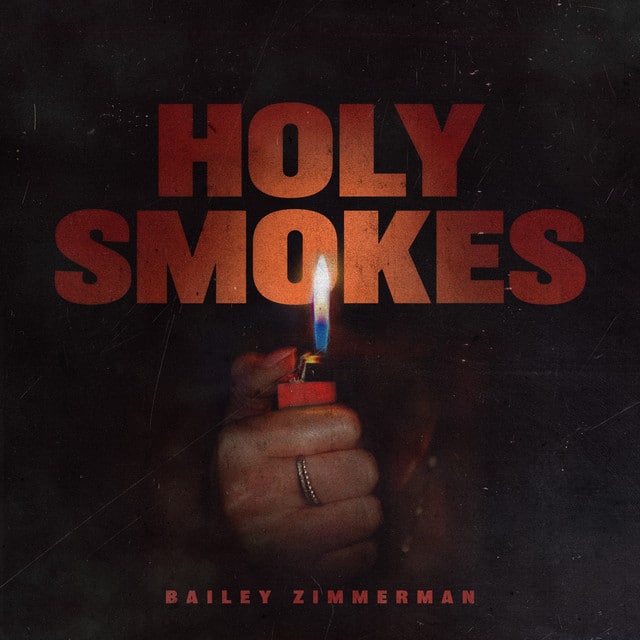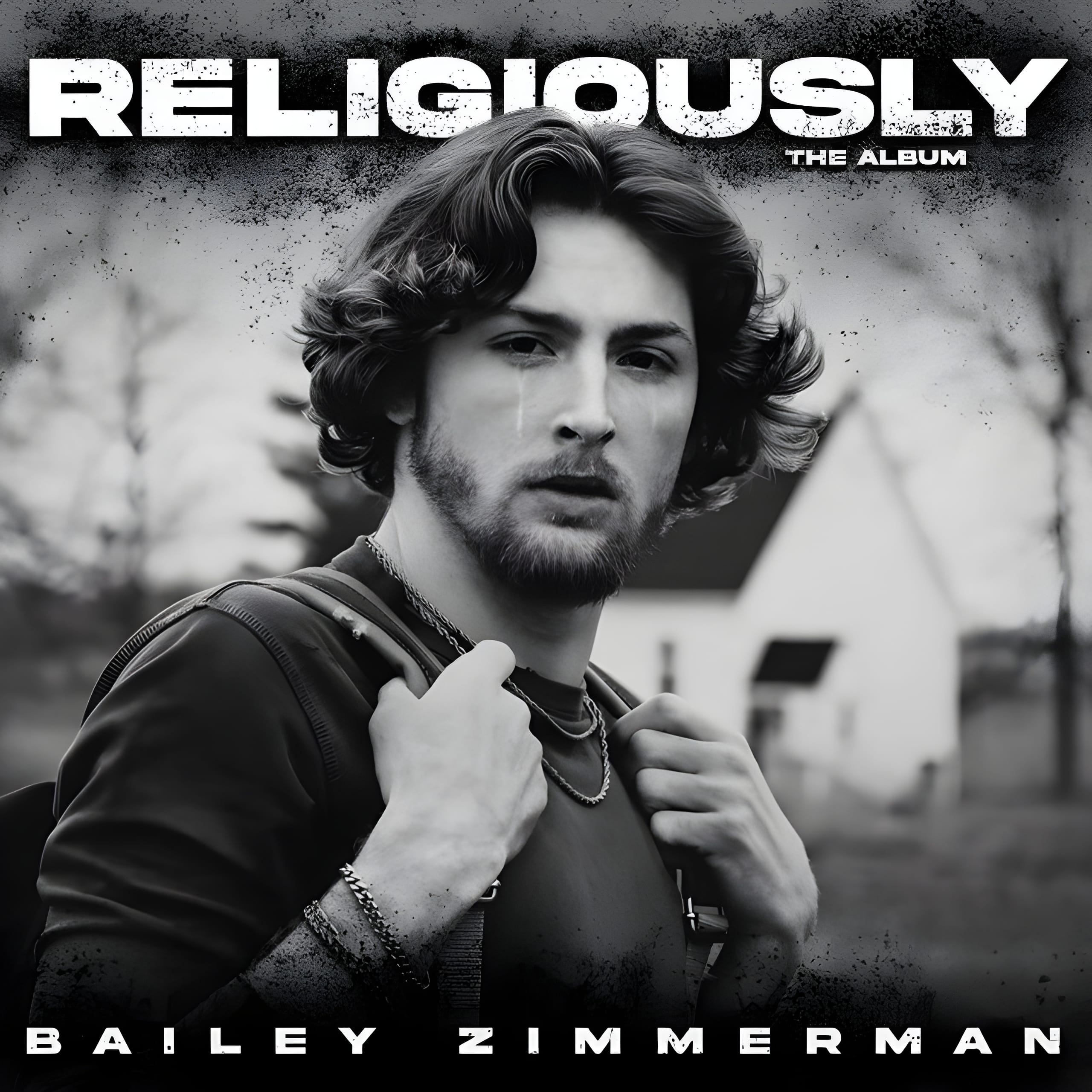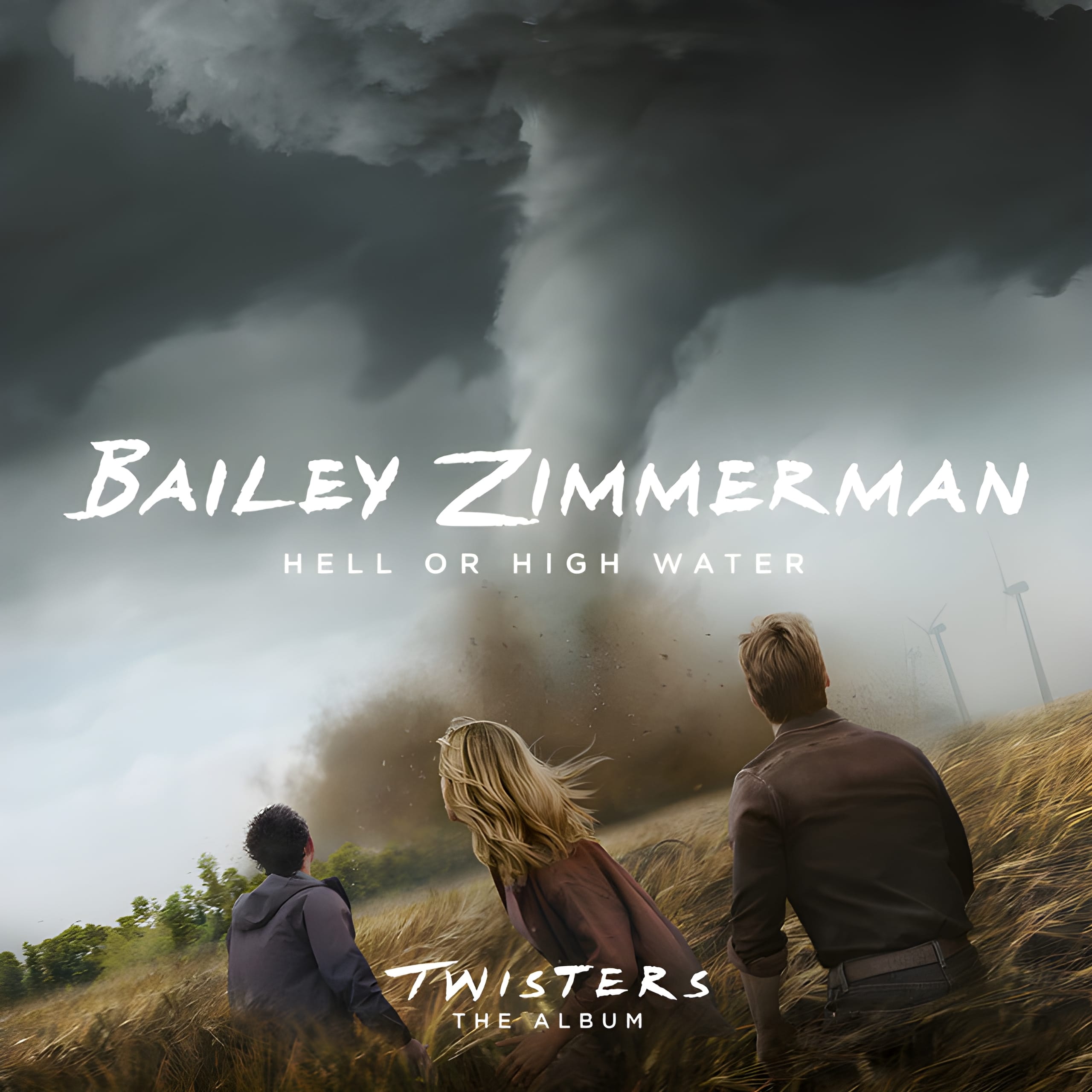Released: 2024
Bailey Zimmerman’s “Holy Smokes” is a deep dive into the fiery, impassioned days of youthful love, seasoned with a hint of rebellion and a healthy dose of spirituality. The track serves as a nostalgic journey back to the raw emotions and experiences that shape us, cleverly juxtaposed with religious imagery to paint a vivid picture of teenage romance. It’s a song that doesn’t just walk down memory lane; it sprints, leaving a trail of smoke in its wake.
The opener “Well, I was only scared of the devil and her dad” instantly sets the stage for a story of two rebels, deeply in love, with the only fears being the ultimate judgment and parental disapproval. The mention of “her momma’s lighter” not only introduces a playful act of youthfulness but also suggests a forbidden flame, an untouchable spark that’s both enticing and dangerous. The phrase “hooked” indicates more than just a casual infatuation; it speaks to a deep, addictive connection, akin to a vice that one can’t shake off. This verse lays the groundwork for a love story that’s as intense as it is raw.
Zimmerman then paints “Heaven” not as a distant, spiritual realm but as a tangible location – “a preacher’s spot in that first church parking lot.” This sacred ground for the couple symbolizes their sanctuary, a place where their love could exist free from judgment. The “cross on a rearview” signifies faith and guidance, always present, always watching over them. The description of her “blue” eyes and the “red” words on a cigarette pack brilliantly contrasts innocence and danger, purity and sin, setting the tone for a love that’s beautifully complicated and inherently rebellious.
The chorus, “Life wasn’t heavy in the back of that Chevy,” uses the Chevy as a microcosm for their world — a place where worries are lifted, and they could bask in the presence of each other and perhaps a higher power, the “Holy Ghost.” The term “holy smokes” cleverly plays on the idea of cigarettes and the sensation of being in awe — in this case, of their profound connection and the euphoria of young love. This hook captures the essence of the song: a celebration of being young, in love, and feeling invincible, all wrapped in a haze of smoke and divinity.
The narrative progresses with their rebellious spirit, “They’d run us off but we’d come runnin’ back,” showcasing their defiance and the unstoppable nature of their love. Zimmerman introduces a moment of contemplation, a hypothetical scenario that challenges societal and familial expectations, further highlighting the depth and seriousness of their relationship. This part of the story reflects the brink of commitment, the teetering on the edge of forever, that comes with first loves.
In the line “Nothin’ ’bout those nights felt like sinnin'”, Zimmerman concludes with a reflection on innocence and forgiveness. There’s a sense of purity in their actions, despite societal norms that might suggest otherwise. The acknowledgment that “Jesus forgives” reinforces the theme of redemption and the complex relationship between sin and salvation in the realm of human emotion and love.
Ultimately, “Holy Smokes” is a poignant exploration of young love, laced with themes of rebellion, spirituality, and the eternal dance between sin and salvation. Zimmerman’s narrative is not just a tale of teenage romance; it’s a testament to the moments and memories that shape our very beings, melting the lines between the sacred and the profane in the fires of passion.






